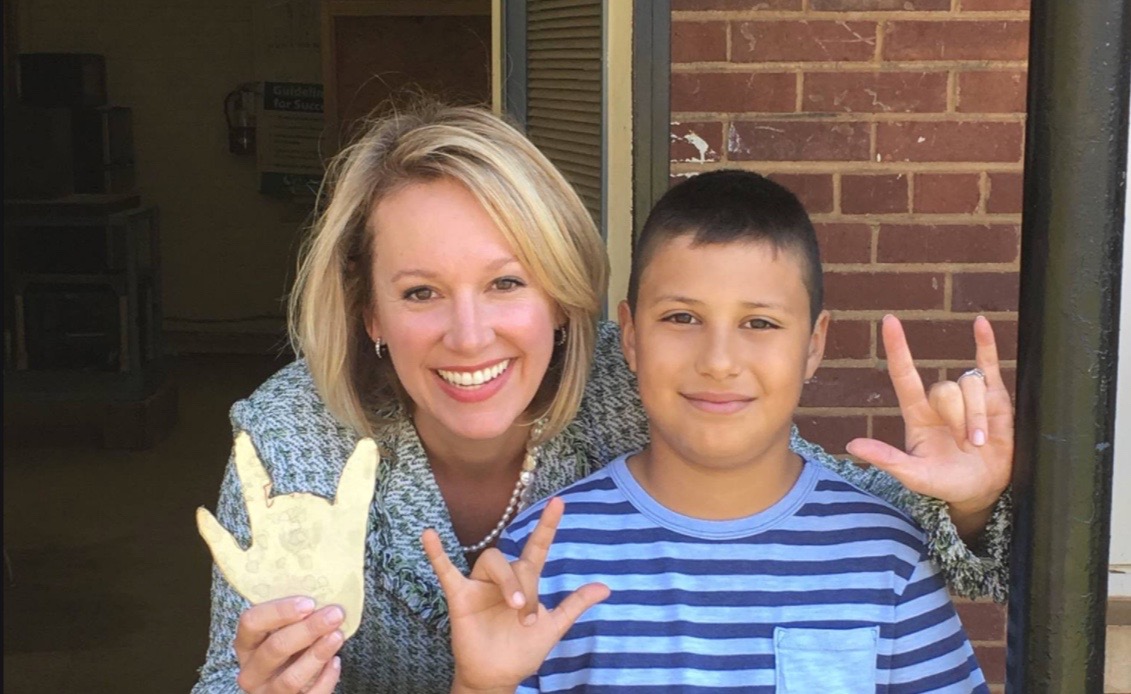2018 S.C. Governor’s Race: Where Is Catherine Templeton On The Gas Tax?
CANDIDATE STAYING MUM ON CRITICAL FISCAL ISSUE … FOR NOW When it comes to South Carolina politYou must Subscribe or log in to read the rest of this content.
CANDIDATE STAYING MUM ON CRITICAL FISCAL ISSUE … FOR NOW
When it comes to South Carolina polit
